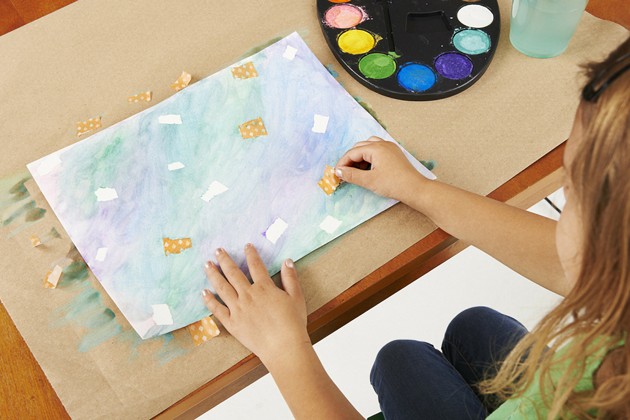7 Reasons Why Back Talk is Important (Yes, Really)

When your sassy child hollers, “Quit it, Mom!” (or worse), your first instinct may be to shut that behavior down immediately. After all, you want your child to develop good manners and to demonstrate respect to those around them.
While mouthy kids can be difficult to deal with, the content of their back talk is chock-full of meaning and your response is an opportunity to model mature communication.
Keep these 7 points in mind the next time your child talks back to you inappropriately:
1. Back talk is totally normal.
Kids use language to test boundaries, assert their independence and try out new verbal tricks. While back talk can be irritating and exhausting to hear, remind yourself that it’s developmentally appropriate for children to flex their power through their words.
2. Kids often sass back because it’s an easy way to let off steam.
Your child might fire off a biting remark like “I hate you, mean old Mom!” because they don’t yet know how to say something more reasoned like “I don’t like it when you insist I drink my milk.” Kids are also testing out their verbal chops. Irritating retorts like “No way, poo-poo face!” are signs that your child is learning how to be playful and creative with words.
3. Grade-school kids may use retorts to telegraph their maturity.
“Back off, Mom” may be a simple shortcut for “I am no longer a baby, and I need more space.” During these years, kids are starting to forge a realistic sense of identity and may experiment with different ways of talking and expressing themselves. Those expressions may involve sarcasm, taunts or haughty wordplay. When your normally respectful child suddenly starts saying “Duh!” and “Give me a break!” in a snarky tone, it may be your child’s way of trying to sound clever or cool.
Mouthy kids can be difficult to deal with, but the content of their back talk is chock-full of meaning.
4. Back talk is an opportunity for you to engage with your child.
While it’s developmentally appropriate for kids to push back, you don’t have to absorb their verbal blows. Instead of shutting down the verbal vitriol, try involving your child in conversation. You might say, “Please don’t say ‘Duh!’ but do tell me what’s bothering you.” Better yet, stay calm and ask your child to elaborate on “duh.” Try something like “’Duh’ is not the friendliest way to say ‘obviously.’ I see that you are irritated; can we talk about this?” Help your child find new ways of expressing feelings and irritations that will invite conversation, not close it down.
5. Back talk is practice for real-world interactions.
Pushing back against parents helps kids learn to express their feelings and assert their boundaries in acceptable ways, skills that are valuable when socializing with friends and other adults. A study conducted at the University of Virginia, for example, found that kids who were able to argue persuasively with their mothers were better equipped to deal with peer pressure and had a stronger sense of autonomy than ineffective arguers who either gave up easily or argued in a highly emotional way. "The kid who only knows how to say 'Yes, mama' doesn’t develop the sense that he can disagree and be taken seriously,” says the study’s lead author Joseph P. Allen, Ph.D., a professor of psychology at the University of Virginia. So, when a bully at school says, “Hey, let’s gang up on Jimmy,” that child is more likely to just play along and less likely to say, “No way.”
6. Word choice makes a difference.
Most kids get snarky and argumentative from time to time, but you need to explain when they’ve crossed the line and why and remind them of the impact their words can have. You might say something like “When you are disrespectful, people are less likely to take your words seriously.”
7. Back talk can be a cry for help.
When a child is persistently snarky and argumentative, there might be more than a desire for independence at play. Gently try to probe for conflicts that may be going on at school, on the sports team or among friends. If your child continues to deliver back talk, speak with your child’s teacher, coach or the parents of friends to see if there’s anything going on that might explain your child’s prickly push back and perhaps warrant an intervention. Remember, spirited conversation is a testing ground for kids and a teaching opportunity for adults. “What kids learn in the home carries forward to all of their major social relationships,” Dr. Allen says.









